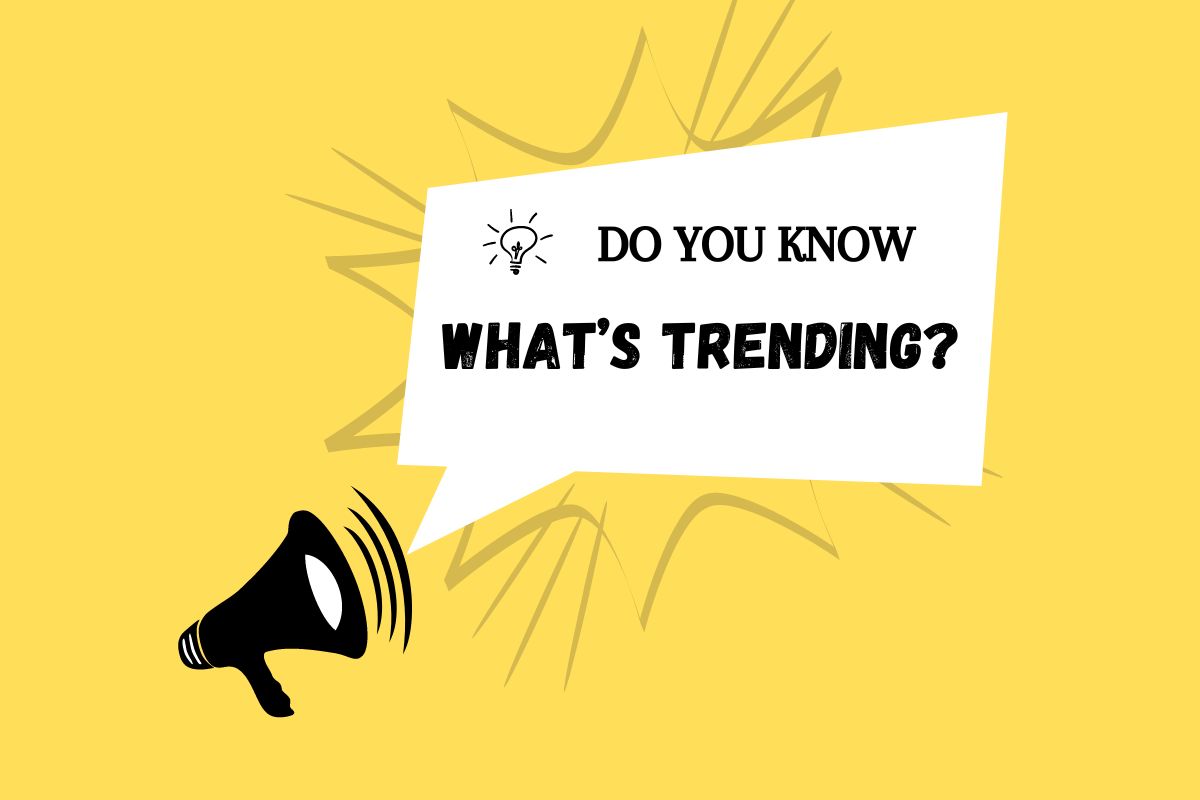France’s Aversion to Coalitions: New Government Risks Early Collapse Amid Political Standoff
In a political landscape marked by a distinct aversion to coalitions, France’s newly formed government faces the real threat of an early collapse. The outcome of the recent snap elections has resulted in three roughly equal political blocs, each unwilling to compromise or form alliances that they deem ‘unnatural.’ This resistance to coalition-building has placed the new government at a precarious juncture, with the risk of a no-confidence motion looming large.
For more information, you can refer to this news article.
The Current Political Scenario
On July 9, 2024, the political atmosphere in France became a subject of high interest and tension as the country’s aversion to coalition governments came under scrutiny. This issue has surged to the top of Google’s trending searches as citizens and political analysts alike grapple with the implications of a potential governmental collapse.
The snap election, called earlier this year, resulted in a fragmented National Assembly, divided almost equally among three major political factions. The absence of a clear majority has created a political stalemate, with each bloc finding itself at odds with the others and unwilling to engage in coalition talks.
The Three Major Blocs
1. The Centrist Bloc:
Led by President Emmanuel Macron’s La République En Marche! (LREM), the centrist bloc remains the largest single group in the assembly. However, it lacks the majority needed to govern unilaterally. Macron’s party has traditionally positioned itself as a progressive force, but it now faces criticism for failing to build bridges with other political entities.
2. The Left-wing Bloc:
This faction is composed of parties like La France Insoumise (LFI) and the Socialist Party (PS). They have taken a hard stance against forming any alliances with the centrist bloc, citing ideological differences and a desire to maintain their political identity and agenda.
3. The Right-wing Bloc:
This group includes The Republicans (LR) and National Rally (RN). Much like their left-wing counterparts, they too are resistant to forming coalitions with the centrists or the left, further deepening the political divide.
Why the Aversion to Coalitions?
France’s political culture has long been characterized by a reluctance to engage in coalition politics. Unlike many other European nations where coalition governments are the norm, France’s political parties have traditionally valued their ideological purity over pragmatic compromise. This has often led to governmental instability, as seen in the current scenario.
The Risk of No-Confidence Motion
With no party willing to compromise, the new government is vulnerable to a no-confidence motion, which could be tabled by any of the opposition blocs. If such a motion were to pass, it would result in the dissolution of the government and potentially another round of elections. This uncertainty is not only destabilizing for the political climate but also has significant implications for France’s economy and social fabric.
Public Reaction
Public sentiment is divided. Many citizens are frustrated with the political gridlock and the inability of their elected representatives to form a stable government. Social media platforms are awash with opinions, with some advocating for coalition politics as a necessary evil, while others staunchly support their party’s decision to remain independent.
Expert Opinions
Political analysts have weighed in on the situation, offering varied perspectives on the potential outcomes. Dr. Jean-Luc Martin, a political science professor at Sciences Po, noted, “The reluctance to form coalitions is deeply ingrained in French political culture. However, the current impasse could force a reevaluation of this stance. If the government collapses, it may prompt a broader discussion on the need for coalition politics in France.”
Historical Context
France’s Fifth Republic, established in 1958, was designed to create a strong executive branch to avoid the instability of the Fourth Republic, which saw frequent changes in government. However, the current situation suggests that even a strong executive cannot govern effectively without legislative support, highlighting a potential flaw in the system.
Looking Ahead
As France navigates this political impasse, the coming weeks will be crucial. The success or failure of the new government will hinge on its ability to either secure a coalition or convince enough opposition members to support its mandate. Political observers will be watching closely to see if the current crisis will lead to a shift in France’s approach to coalition politics.
Additional Information
Interestingly, France is not alone in facing coalition-related challenges. Neighboring countries like Germany and Italy have long histories of coalition governments, often resulting in more stable political environments. This comparison may serve as a lesson for French politicians as they navigate the current crisis.
In conclusion, the political future of France remains uncertain as the newly formed government grapples with the inherent challenges of a fragmented assembly. The reluctance to form coalitions has brought the country to a critical juncture, with the risk of early collapse and a no-confidence motion ever-present. As the situation continues to develop, the French public and the world will be watching closely, hoping for a resolution that brings stability and effective governance.
For more detailed information, you can refer to this news article.
This news event has captured significant attention today, becoming one of the most trending topics on Google search. It serves as a stark reminder of the complexities and challenges inherent in modern democratic governance.































